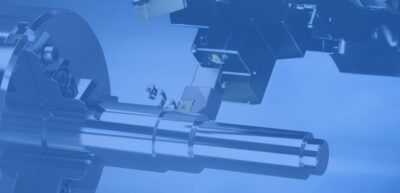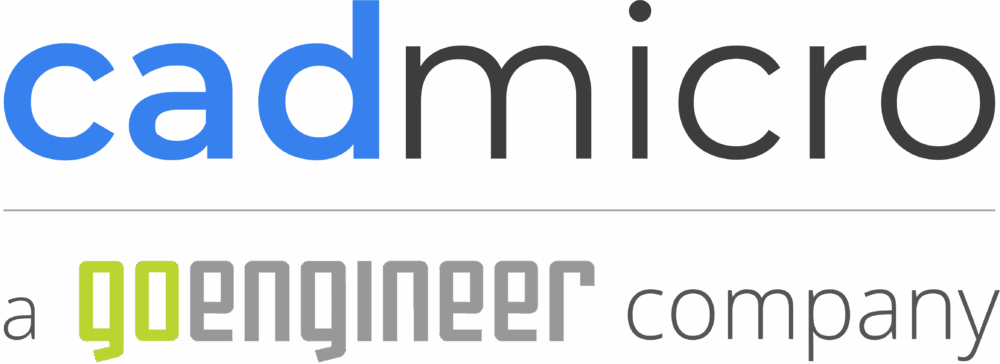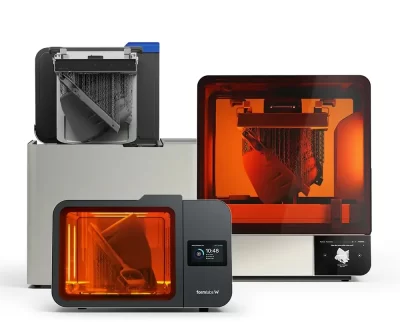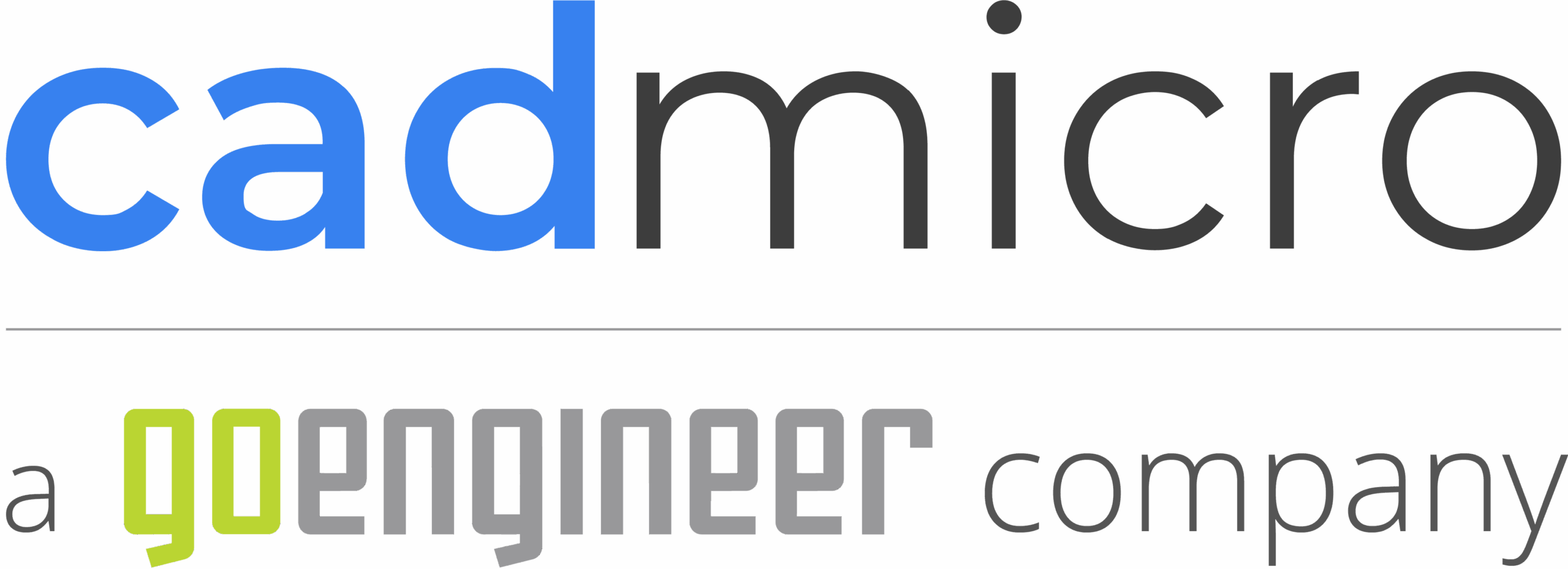Trend 1: Miniaturization and Higher Density Interconnects (HDI)
As electronic devices become smaller and more powerful, PCBs need to pack more functionality into less space. High-Density Interconnect (HDI) technology enables more components to fit on smaller boards using finer lines and spaces, microvias, and stacked vias.
OrCAD’s advanced design tools support HDI technology, allowing designers to create compact and efficient PCBs. With features like microvia support and advanced routing capabilities, OrCAD helps designers meet the demands of miniaturization.
Trend 2: Flexible and Rigid-Flex PCBs
The demand for flexible electronics is rising, leading to the development of flexible and rigid-flex PCBs. These boards can bend and twist without breaking, enabling innovative product designs like foldable smartphones and wearable technology.
OrCAD provides tools for designing flexible and rigid-flex PCBs, allowing for innovative product designs. The software supports the unique requirements of these boards, including dynamic bending and reduced connector use.
Trend 3: Embedded Components
Embedding passive and active components directly into the PCB substrate reduces space requirements and enhances performance. This approach improves signal integrity and reduces signal loss, which is particularly important for high-speed and high-frequency applications.
OrCAD supports the design of PCBs with embedded components, offering features that help designers integrate these components seamlessly into their designs. This capability is crucial for creating high-performance and space-efficient PCBs.
Trend 4: Advanced Materials
New materials like Rogers, Teflon, and ceramics are being used to improve heat resistance and signal integrity. These materials are essential for applications requiring high performance, such as RF, microwave, and high-speed digital circuits.
OrCAD’s material libraries and simulation tools help designers choose and work with advanced materials. The software provides accurate modeling and analysis capabilities, ensuring that designs meet the stringent requirements of advanced applications.
Trend 5: Environmentally Friendly PCBs
Sustainability is becoming a key concern in PCB design, with a focus on environmentally friendly materials and processes. Designers are increasingly looking for ways to reduce the environmental impact of their products.
OrCAD is evolving to support sustainable design practices, including the use of eco-friendly materials and efficiency manufacturing processes. The software helps designers create PCBs that are not only high-performing but also environmentally responsible.





